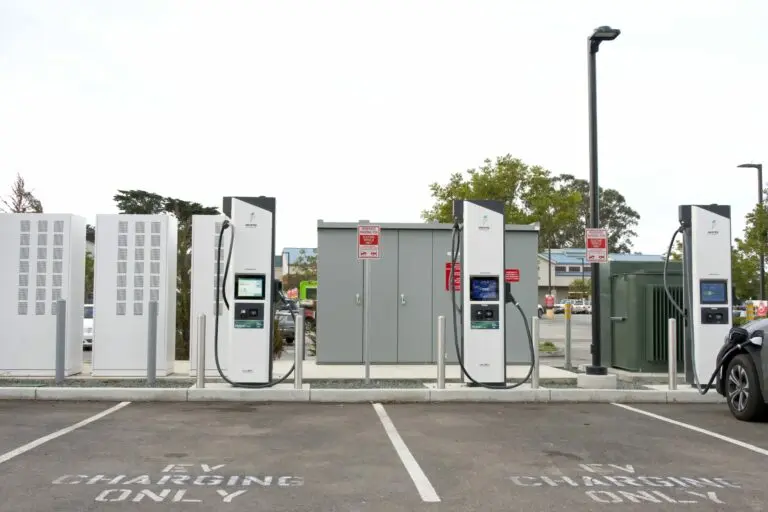The European Commission wants to ban the purchase of combustion-powered cars by rental companies from 2030. Germany, supported by the industry, considers this measure premature and inappropriate.

A European measure to speed up the electricity transition
The European Union plans to force rental and leasing companies and large fleets to buy only 100% electric vehicles from 2030. This initiative is in line with the ban on the sale of new combustion-powered cars planned for 2035. The aim is to force a more rapid electrification of the company car fleet, which currently accounts for almost 60% of new car registrations in Europe, according to the Bild newspaper.
Germany rejects decision as unrealistic
German Chancellor Friedrich Merz reacted strongly to the proposal. He believes it » completely misses the common needs of Europe » and warns of the consequences for the automotive industry. For Berlin, relying exclusively on electric vehicles at such an early date is risky, especially given the inequalities in access to charging points and the lack of technological maturity in some regions.
Rental professionals sound the alarm
Concern is growing among the companies affected. Nico Gabriel, a member of Sixt’s board of directors, warns that this measure could curb the use of hire cars, particularly by holidaymakers. He cites the higher cost of electric car hire and the difficulties of recharging outside major cities as major obstacles. Some major groups, such as BMW and Mercedes, even believe that the EU may have to review the 2035 deadline.
A debate still open in Brussels
The Commission’s proposal has not yet been officially tabled, but a text could be presented to the European Parliament by the end of the summer. In the meantime, the debate is likely to intensify between Member States. Germany, in the front line, is calling for greater technological flexibility and a more realistic timetable to avoid upsetting a market that is already under strain.












